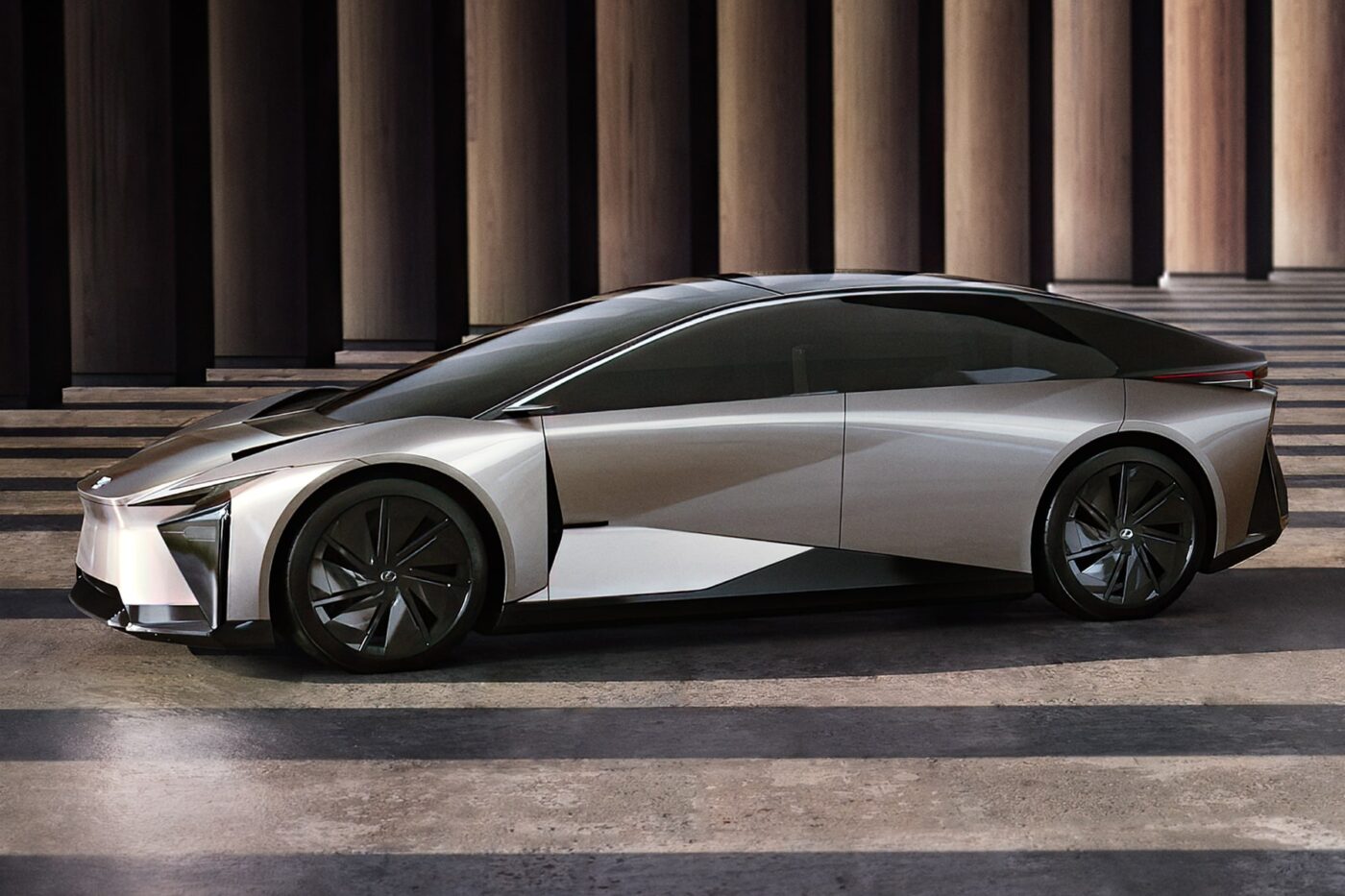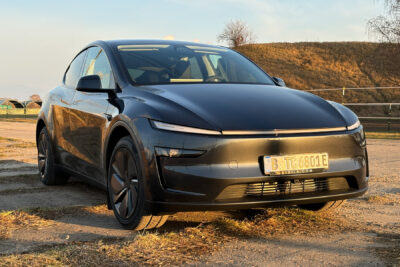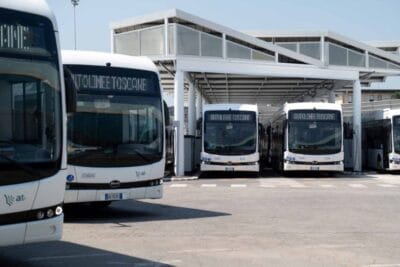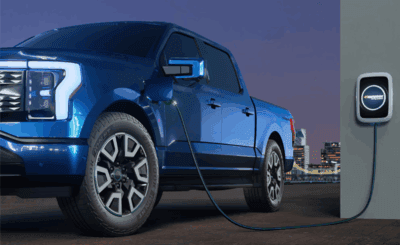Toyota behind schedule for next-generation electric cars
As the Japanese broadcaster NHK writes, Toyota is seeking a longer development period in order “to incorporate the latest technologies” in the upcoming vehicles. Toyota presented a study of the electric Lexus saloon called LF-ZC at the Japan Mobility Show in the autumn of 2023. It was said to be the first representative of the new generation of electric cars – and was supposed to roll off the production line in 2026. Now, start of production has apparently been pushed back. That fits into the overall picture, as Toyota is also postponing the start of production of its first electric model manufactured in the US from the end of 2025 to 2026 and has reduced its interim production target for all-electric cars in 2026 from 1.5 million to 1 million units.
The new generation of electric cars will be characterised by a new electric drive, a new software platform and innovative production techniques, among other things. Toyota is aiming for a modular vehicle structure to launch electric cars in quick succession and to update them more easily. In this context, the Japanese see great potential in the so-called gigacasting process – similar to Tesla. The vehicle body is divided into three parts: Front, centre and rear, with the battery always housed in the centre section. That means that the front and rear sections can remain structurally unchanged even if the battery is adapted. Toyota sees this as “the necessary flexibility to integrate future advances in battery technology more easily into the vehicle,” as the manufacturer explained in an earlier press release. In terms of performance, the new generation EV are set to push into new areas. For the Lexus LF-ZC, the Japanese have promised a range of 1,000 kilometres and a full charge of the battery in 20 minutes.
The battery, which is not described in detail, is said to work with prismatic cells. The study shown last year was a very flat saloon with a ‘target drag coefficient (cW) of less than 0.2.’ The dimensions are 4.75 x 1.88 x 1.39 metres with a wheelbase of 2.89 metres. In addition to the gigacasting construction method, the Japanese car manufacturer wants to make another change in production for its upcoming electric models: The classic assembly line is to be abolished, and production will take place on a ‘self-propelled assembly line’, i.e. a type of self-propelled load carrier. It should not only enable more flexible factory planning, but also shorten the lead time for mass production and save investment costs.





1 Comment